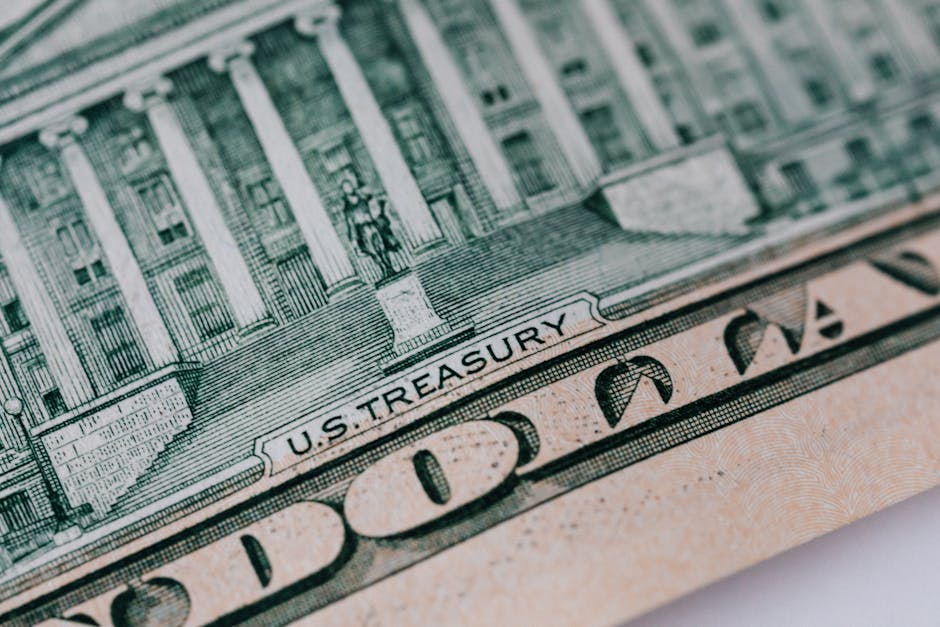NEW DELHI – In a significant and unorthodox move, Scott Bessent, widely expected to be Donald Trump’s pick for Treasury Secretary, is scheduled to speak with his Chinese trade counterpart on Friday, according to sources familiar with the matter. This pre-inauguration dialogue sends ripples through global markets, offering the first clear glimpse into the economic posture of a potential second Trump administration.
This direct engagement signals a new era in the world’s most critical trade relationship, and nations from Washington to Beijing—and especially New Delhi—are watching closely.
Who is Scott Bessent?
Unlike a traditional Washington insider, Scott Bessent is a hedge fund titan and former chief investment officer for Soros Fund Management. With a background in high-stakes global macro trading, he is accustomed to making billion-dollar bets on currency fluctuations and geopolitical shifts. His selection signifies a potential pivot towards a more transactional, market-driven approach to international economic policy, a stark contrast to the institution-led strategies of past administrations.
What’s on the Agenda for the US-China Call?
This Friday’s call is far more than a diplomatic courtesy; it’s the opening salvo in a potential renegotiation of the US-China economic relationship. The conversation will undoubtedly touch upon the core tenets of Trump’s economic platform, including:
- The massive US trade deficit with China.
- Allegations of currency manipulation.
- The explosive threat of imposing tariffs as high as 60% on all Chinese imports.
From Beijing’s perspective, the call is an opportunity to size up a new potential adversary and gauge the resolve behind these positions.
Implications for India: Opportunity or Peril?
For New Delhi, this development presents a complex mix of challenges and opportunities. On one hand, an aggressive US stance against China could supercharge the “China Plus One” strategy, where global corporations de-risk their supply chains away from China. This could drive significant foreign direct investment into India’s “Make in India” initiative, boosting manufacturing, technology, and pharmaceutical sectors.
However, the risks are equally pronounced. A full-blown trade war between the world’s two largest economies could trigger a global recession, severely impacting demand for Indian exports and creating extreme volatility. The Indian Rupee could face significant pressure as capital seeks the safe haven of the US dollar, potentially disrupting India’s growth ambitions. This dynamic forces India into a delicate diplomatic balancing act between its strategic partnership with Washington and its fraught relationship with Beijing.
A Preview of a New Economic Era
Ultimately, the phone call where Trump Treasury Sec. Bessent is to speak with his Chinese trade counterpart on Friday is not just a conversation—it is a preview. It will set the tone for the next four years of global economic policy. Will it be the beginning of a pragmatic dialogue or the first shot in a devastating trade war? The world will be listening.




